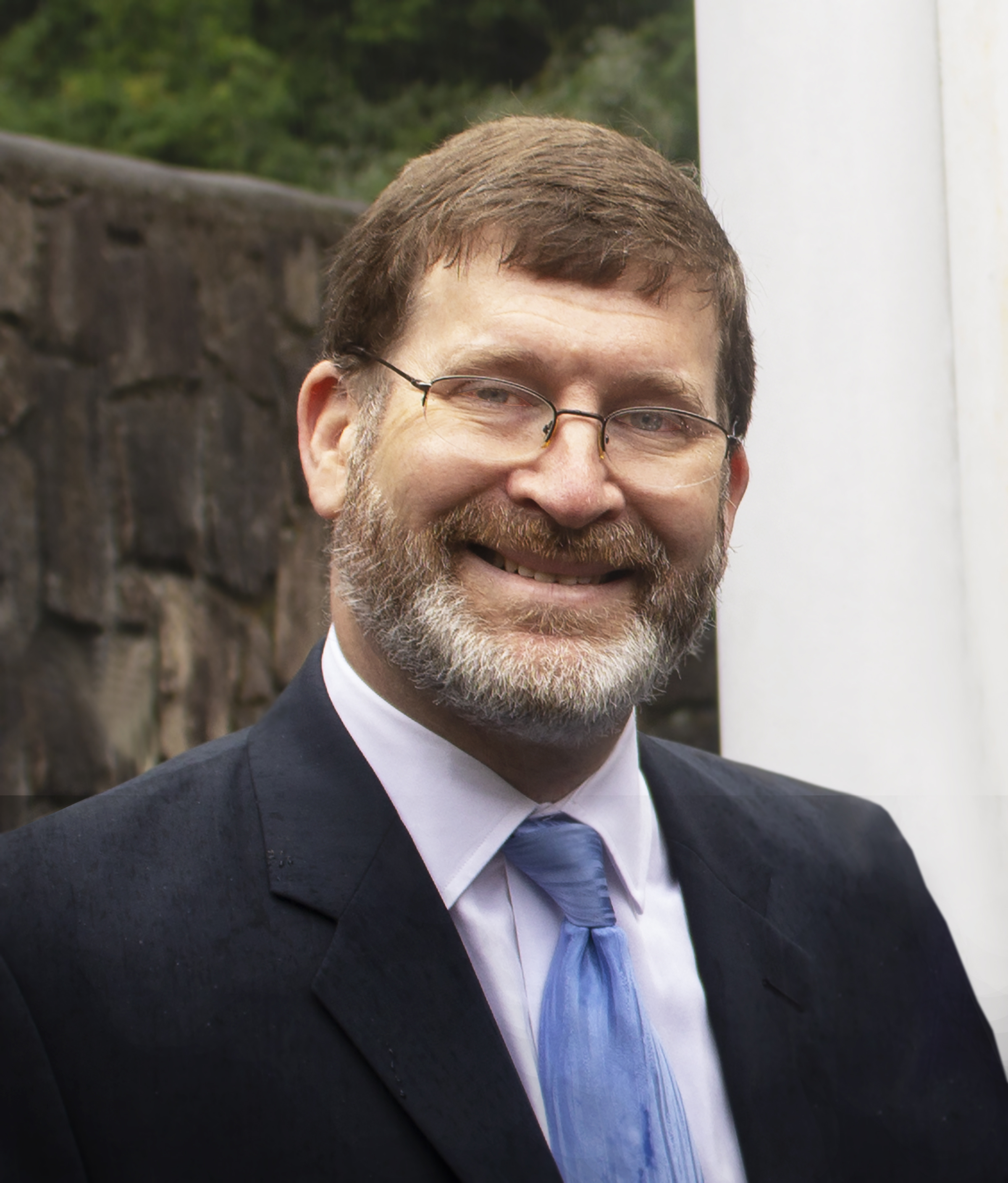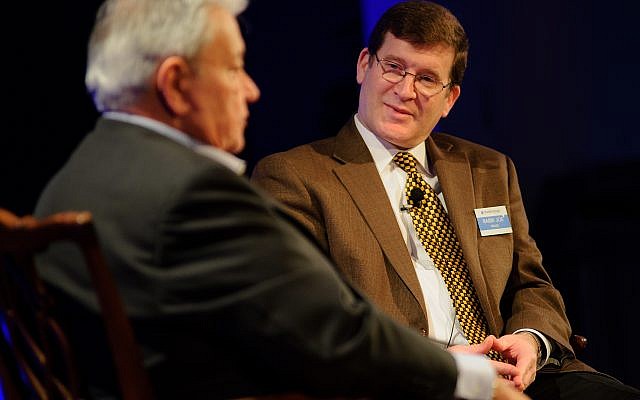Prass Moves from Interim to Director of Weinberg Center
Rabbi Joseph Prass was recently named the director of the Weinberg Center for Holocaust Education after serving as interim director since 2017.
While the difference between an interim and permanent position may be as simple as a single word, Rabbi Joseph Prass, recently named the director of the Weinberg Center for Holocaust Education, is taking that in stride.
After beginning his stint as interim director in April 2017, Prass is transitioning into a more permanent role at the head of one of the William Breman Jewish Heritage Museum’s most iconic attractions.
“Nothing and everything have changed,” he said. “Really the exciting part about being named the director is about being able to move forward in charting a course with regard to how the museum will handle Holocaust education in our community, our state and our region in the future.”
While much remains the same, that doesn’t change Prass’ feelings of pride over his recent change.
“Now, it’s official and we’re moving forward with some new projects,” he said. “To have the confidence of the board behind me is a tremendous honor.”
In terms of his accomplishments so far, Prass cited three of which he is most proud.
“First, we’ve revamped how we’re training our docents, and how they can teach in ways that meet our students’ needs,” he said. “The second is our Summer Institute on Teaching the Holocaust.”
Prass was also pleased with the diversity of groups that attend the Weinberg Center’s programming.

“They range from BBYO retreats, college classes, … and even military bases. Our Bearing Witness program has grown each year to over 350 people attending these programs, taking tours and hearing a survivor,” he said.
The summer institute was a four-day event for educators, from June 3-6, which provided teachers with personal, face-to-face interactions with survivors, participation in seminars and lessons from Holocaust educators.
With that glimpse at the past, Prass is also looking toward the future, which can present unique challenges and opportunities given the subject matter.
“We need to continue to adapt and keep up with the times,” he said. “As our first-generation survivors are becoming older and no longer able to speak, we need to think about how we teach the lessons of the Holocaust in a personal way.”
Part of that adaptation can be through who is telling the story, and other aspects are achieved through transitioning to more modern technologies.
“We train our second generation — that is, children of survivors — in how to tell their parents’ stories in a way that is most easily understood and internalized by the listener,” Prass said. “In some cases, we’re able to take excerpts from oral histories recorded from survivors and intersperse that with their stories.”
For example, Prass noted that a son could tell his mother’s story in part, but then pause and say, “let Mom tell you exactly what that was like for her,” pressing a button to play a video recording.
The challenges of Holocaust education aren’t limited to age and technology, Prass said.
“We want to make this information as engaging and visual as possible to fit the needs we see,” he said. “As anti-Semitism and ignorance about the Holocaust continues to rise in our community, we are so glad we can tell these stories.”




comments